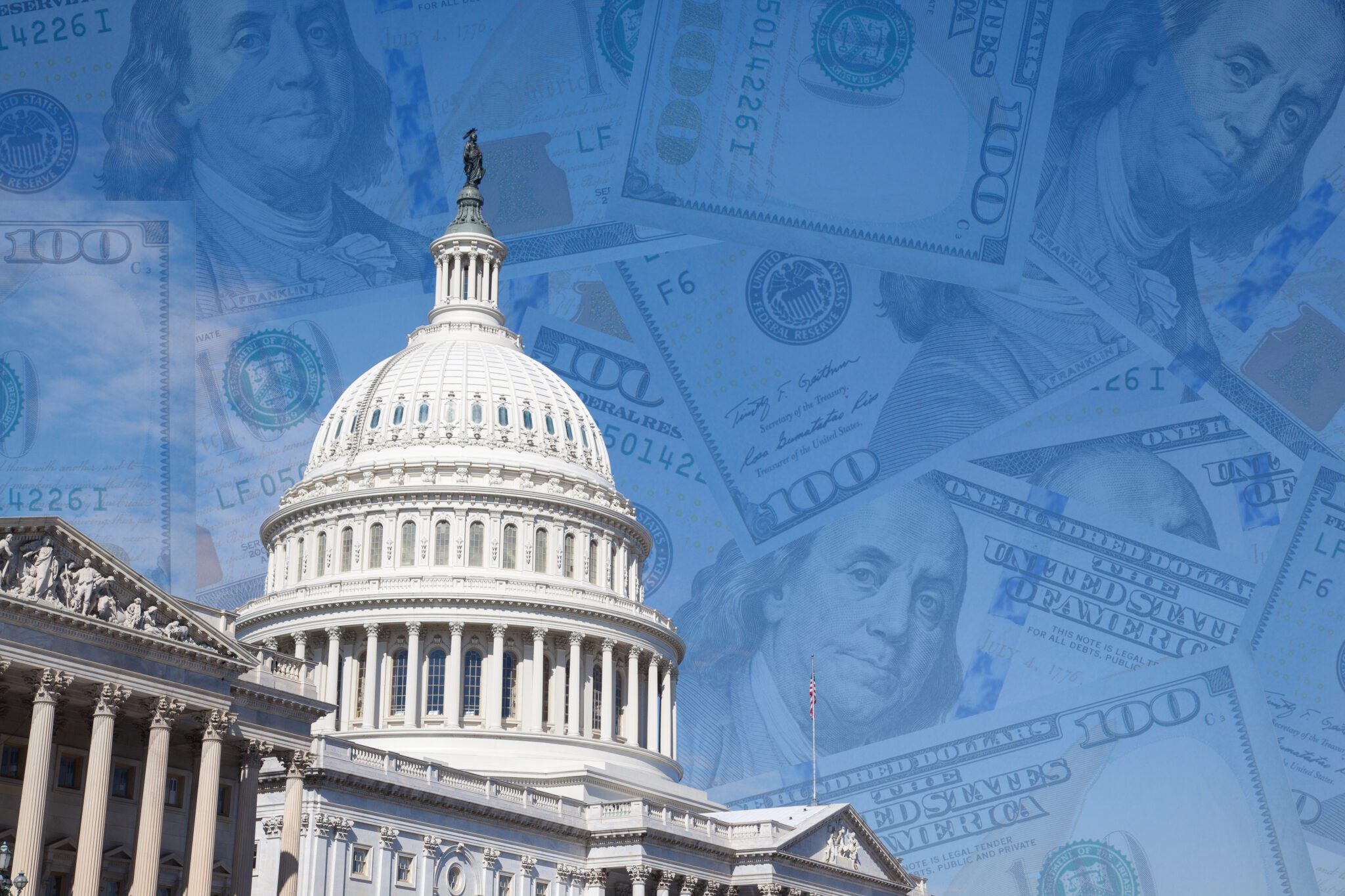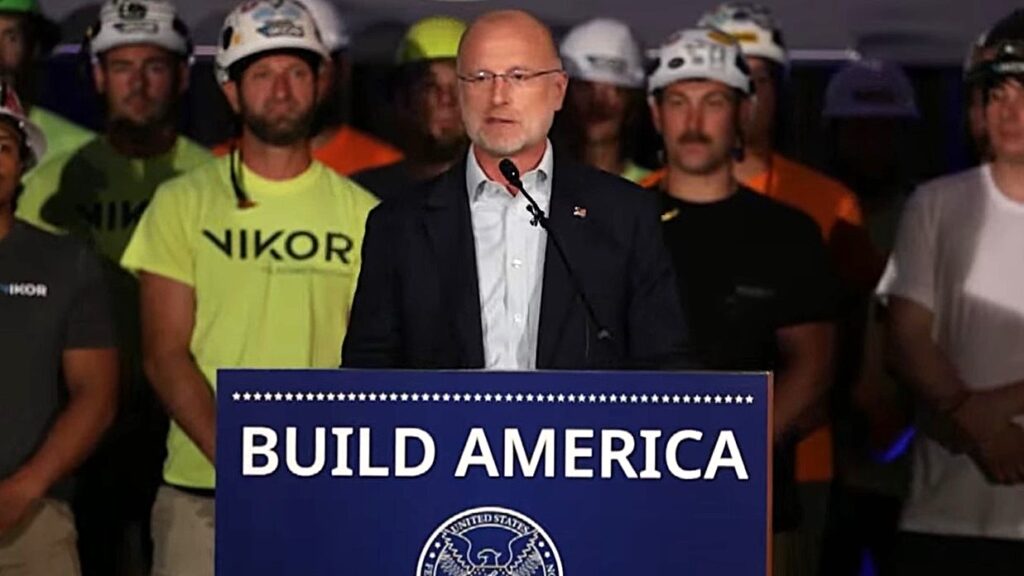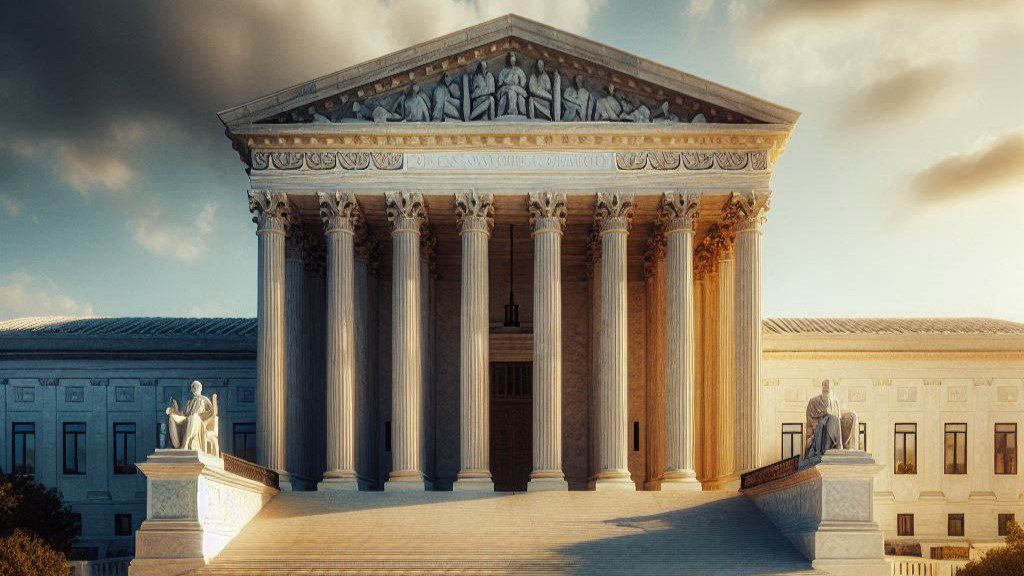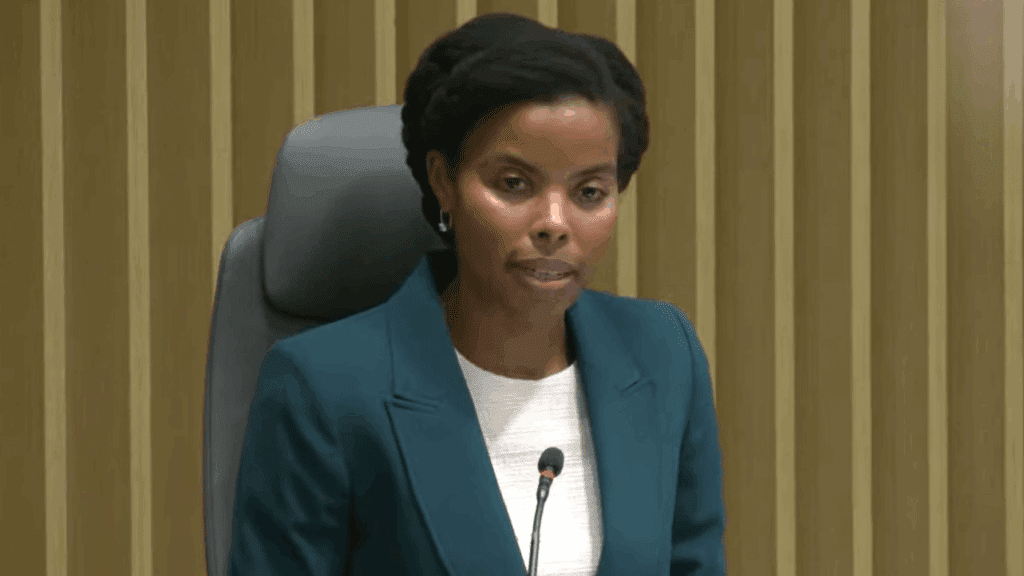FCC Announces First RDOF Awards; Seeks to “Clean Up” Program
Randy Sukow
|

The first of the universal service funding through the FCC’s Rural Digital Opportunity Fund (RDOF) is ready to go out to 48 winners in the 2020 reverse auction. In total, 48 winners will receive $311 million paid over 10 years to build gigabit fiber optic facilities in rural areas. The announcement comes six months after the Commission accepted 447 long form applications from individual auction winners for a total of $9.2 billion in RDOF awards.
Complications during the long form review process have delayed progress and it appears that the eventual total rewards could fall well short of $9.2 billion. Critics six months ago said many winning bidders did not have the financial or technical capability to build out their service areas and that some service areas in question already had access to broadband service.
“We are refocusing the program on unserved areas and putting winning bidders on notice of their obligation to ensure that support goes to the areas that need it,” said Acting FCC Chairwoman Jessica Rosenworcel in a press release (PDF). “And for those applicants who are dragging their feet or can’t meet their obligations, follow the rules or we will disqualify you and move on.”
Funds not awarded in the current round of RDOF winners could be available through RDOF Phase II. The Commission originally intended to award $16 billion during the Phase I reverse auction last year and an additional $4 billion during Phase II on some unspecified date. It has said it will not go forward with Phase II, however, until it has compiled more accurate data showing where broadband service is or is not available.
NRTC led an RDOF consortium of its members, which had the winning bids for $156 million in support. The formal consortium relationship has since expired, but NRTC continues to work with members to secure funding in the latter stages of the RDOF process.
UPDATE, July 27: An earlier version of this post reported that the list of RDOF award winners did not appear to include any electric cooperatives. NRECA tells us that 10 co-ops do appear in the list.
UPDATE, July 28: One of the factors creating controversy in the RDOF awards process is the lack of accurate data to determine which parts of the country have access to broadband service and which do not. The Commission has begun compiling more granular data using modern hexagonal mapping techniques to improve upon data it has been gathering through twice-yearly in Form 477 surveys. Along with the more granular data, the FCC is also considering a process allowing consumers to challenge its eventual data findings using speed tests and crowdsourcing.
“The [FCC Wireless Telecommunications} Bureau and Offices propose to evaluate the speed tests submitted by consumers in combination with the speed tests submitted by governmental and third-party challengers in the challenge process,” the Commission said in a Notice of Prosed Rulemaking published this morning in the Federal Register. “Under this approach, the Bureau and Offices would combine such speed test evidence and apply a single methodology to determine whether the threshold for a cognizable challenge has been met and to establish the boundaries of the challenged area.”
The Notice asks for initial comments on the challenge process by Aug. 27 and reply comments by Sept. 13.


